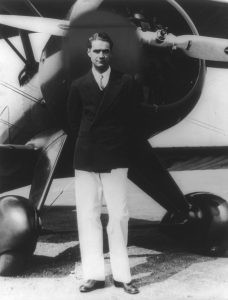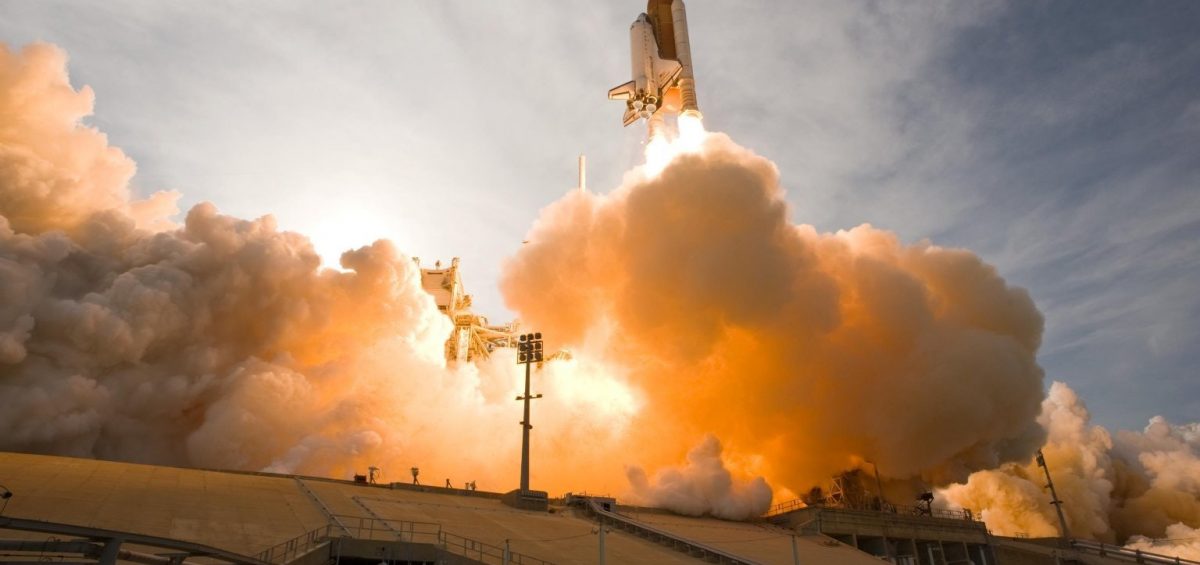 Engineering careers present challenging opportunities across various industries. Once you have decided to pursue an engineering career path, you will be required to choose among the different engineering specialties, and aerospace is one of them. Literally speaking, this specialty features duties that are out of this world. Defined, aerospace engineering is a type of engineering that largely concerns the construction, maintenance, and design of spacecraft, missile, aircraft, and weapon systems. If you want to study this specialty, you will need to choose between space craft and aeronautical sub-specialties. Bear in mind that both space and air vehicles feature complex subsystems that need other engineering specialists, such as mechanical, computer, and electrical engineers.
Engineering careers present challenging opportunities across various industries. Once you have decided to pursue an engineering career path, you will be required to choose among the different engineering specialties, and aerospace is one of them. Literally speaking, this specialty features duties that are out of this world. Defined, aerospace engineering is a type of engineering that largely concerns the construction, maintenance, and design of spacecraft, missile, aircraft, and weapon systems. If you want to study this specialty, you will need to choose between space craft and aeronautical sub-specialties. Bear in mind that both space and air vehicles feature complex subsystems that need other engineering specialists, such as mechanical, computer, and electrical engineers.
Aerospace Engineer’s Day
Aerospace engineers at junior levels apply their aerospace theory knowledge gained from a relevant educational qualification to work as aerospace firm consultants. The fact that aerospace industry is mature means there are no lots of drastic innovative designs to be learned at a speedy pace. As these junior aerospace engineers gain more experience with time, they take on greater duties and responsibilities for career advancement. While mid-level aerospace engineers usually work as systems engineers, their senior-level counterparts serve as engineering or project managers.
As a senior-level aerospace engineer, you’re required to be expertly familiar with how the various subsystems of aerospace vehicles function. Common vehicle components, such as the computer control system, avionics, engine, and system propulsion, are some of the basics that you need to know when working as a project manager. You will also be required to oversee subsystem upgrades and conduct assessments to determine the benefits or risks of the entire system.
 How to Become an Aerospace Engineer
How to Become an Aerospace Engineer
Becoming an aerospace engineer typically involves first earning an engineering degree from an accredited institution. There are three aerospace degree programs: undergraduate, graduate, and doctorate programs. For you to work as a junior-level aerospace engineer, you must be an undergraduate degree holder in aerospace engineering. For those aerospace engineers in need of a career edge, graduate and doctorate programs are a must.
Employment and Outlook
Yes, aerospace engineering is a very interesting career, but positions in the industry are very competitive. In comparison with other engineering disciplines, aerospace specialty usually lags behind in terms of job growth.
Aerospace Career Advancement Opportunities
Although aerospace engineering typically experiences slow growth, there are opportunities for career advancement for those aerospace engineers with the right skill set. The industry usually conducts upgrades to air and space craft regularly. Extensive testing of these upgrades is essential to ensure they work as expected; of course, the original functionality of the system need not be negatively impacted. Keeping skills relevant and fresh through continued education and training is a crucial career advancement tip for every aerospace engineer.



